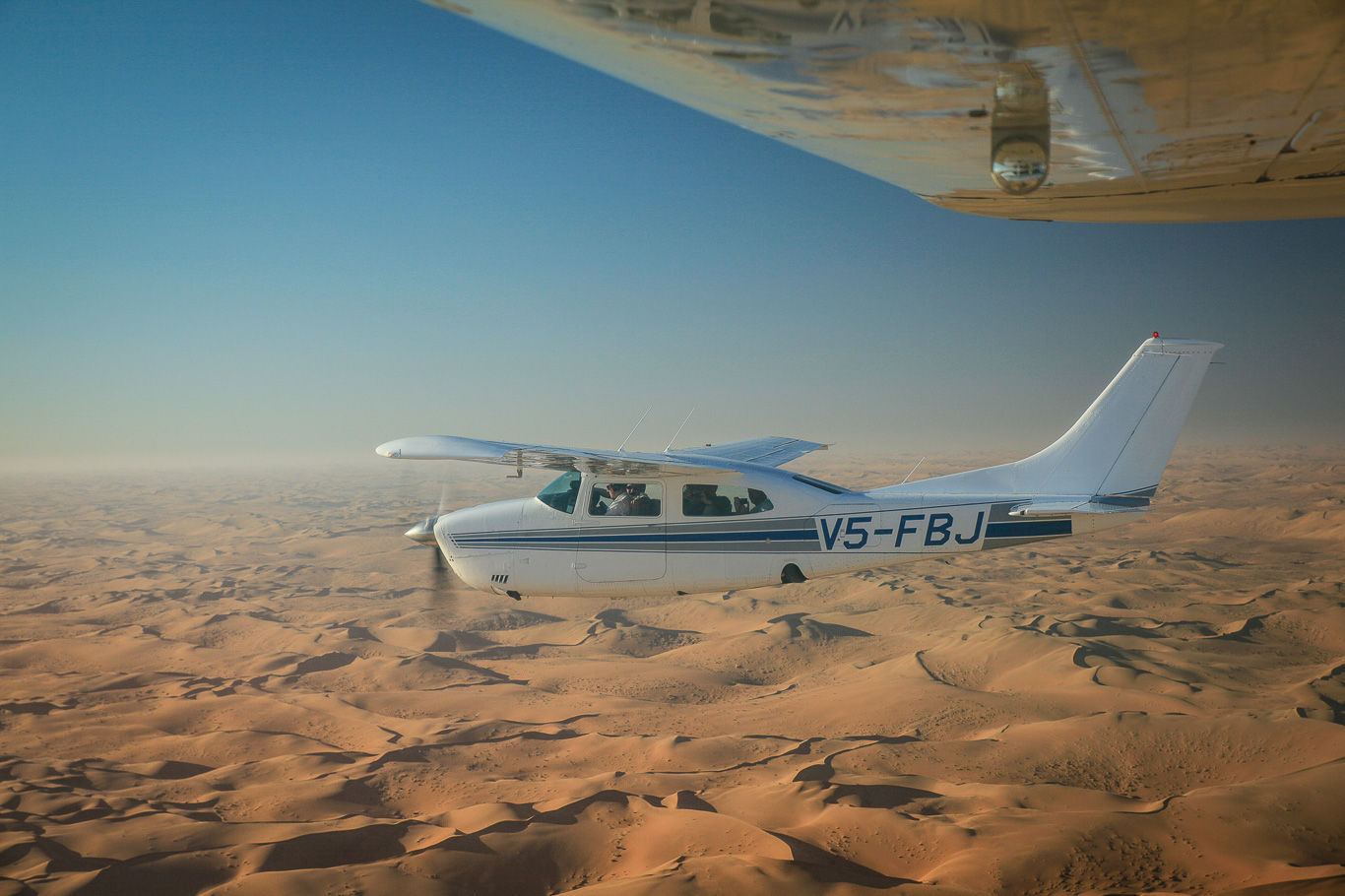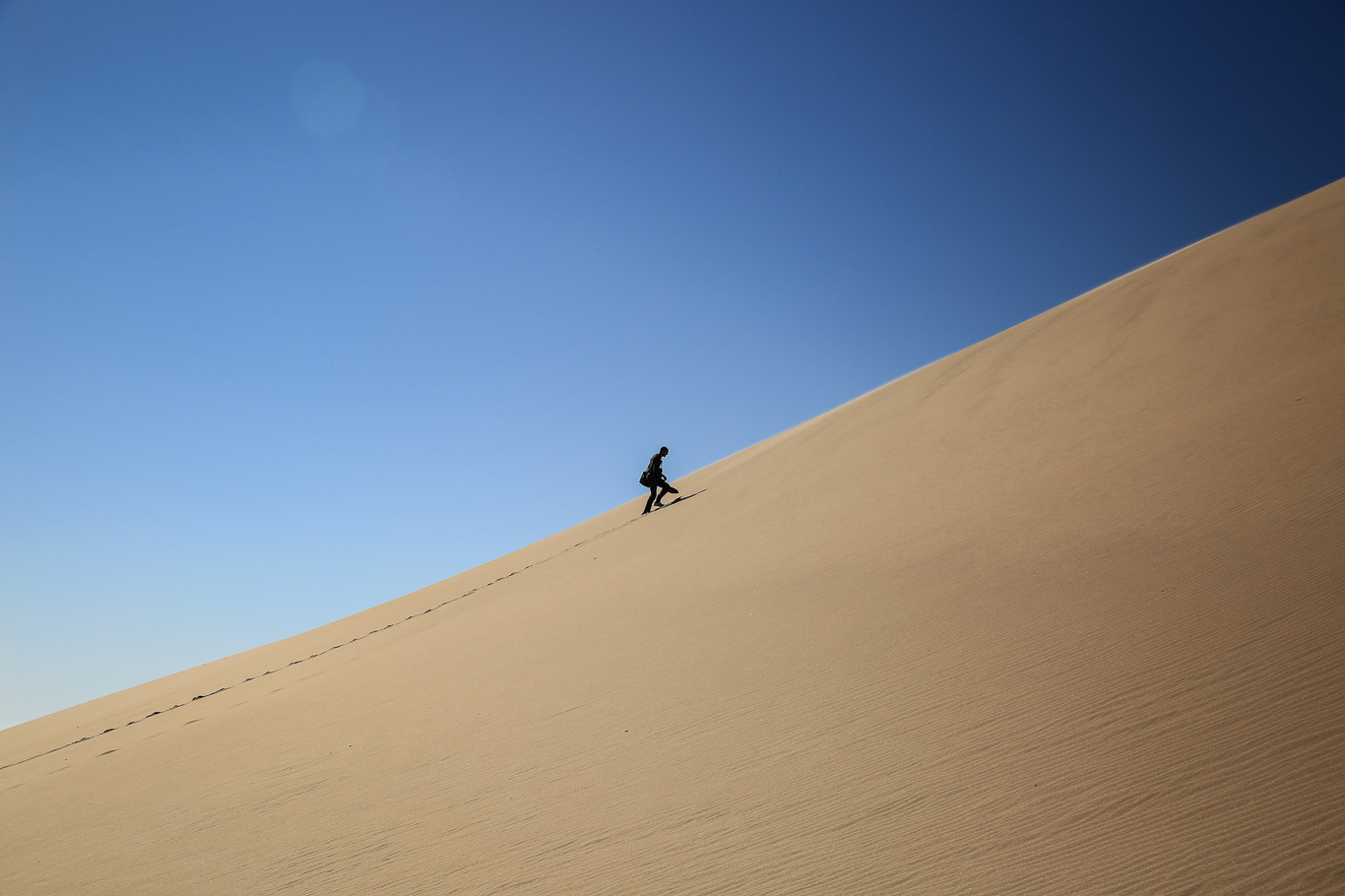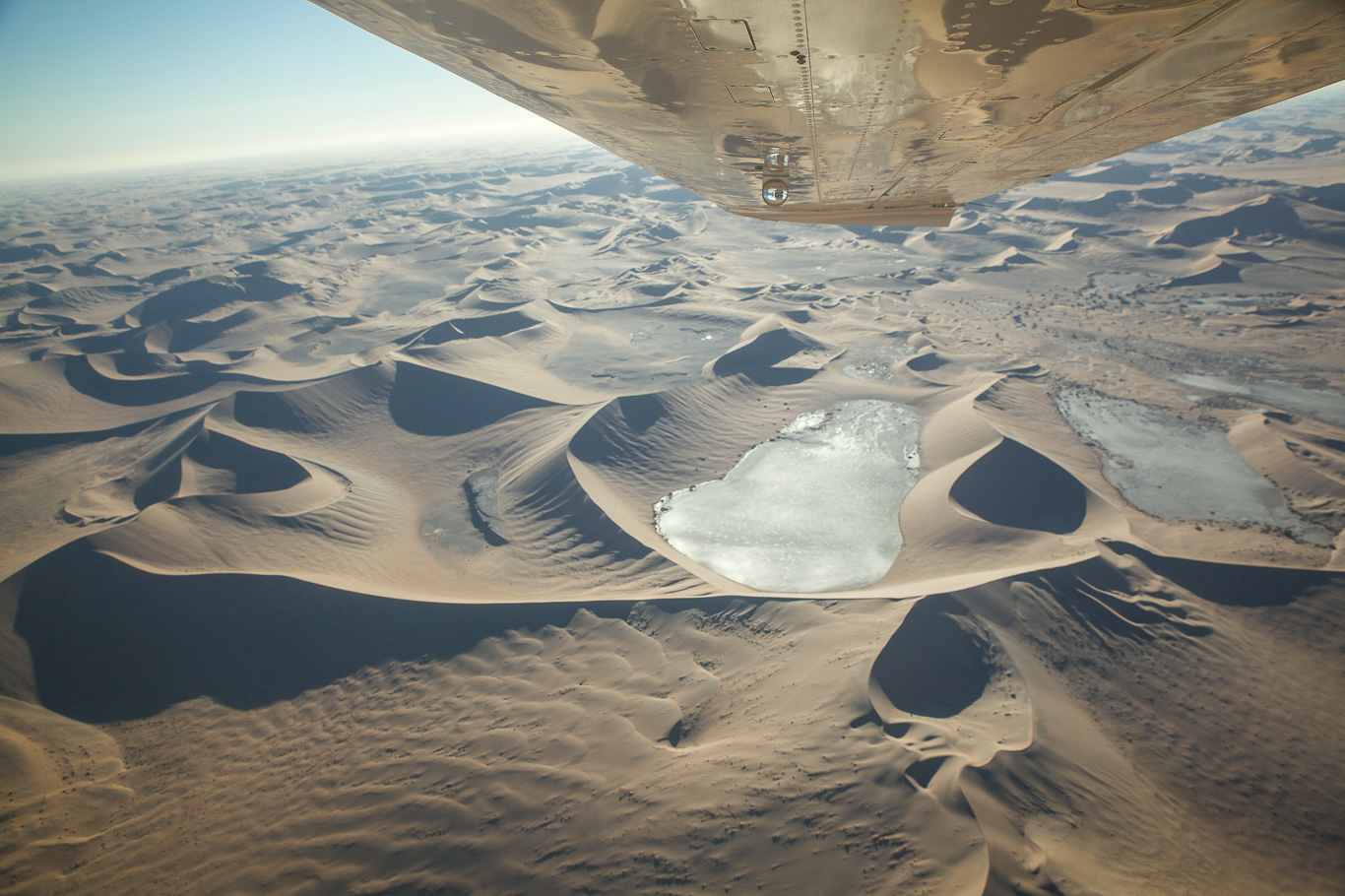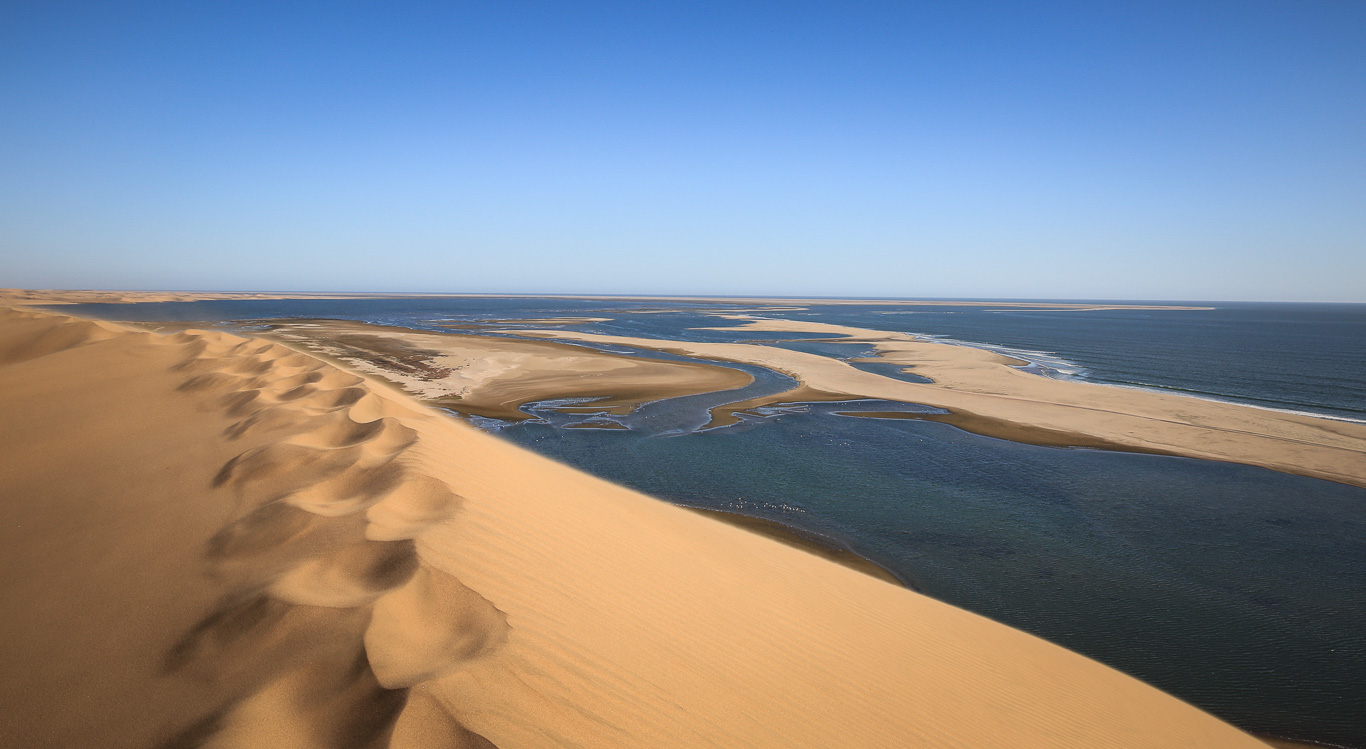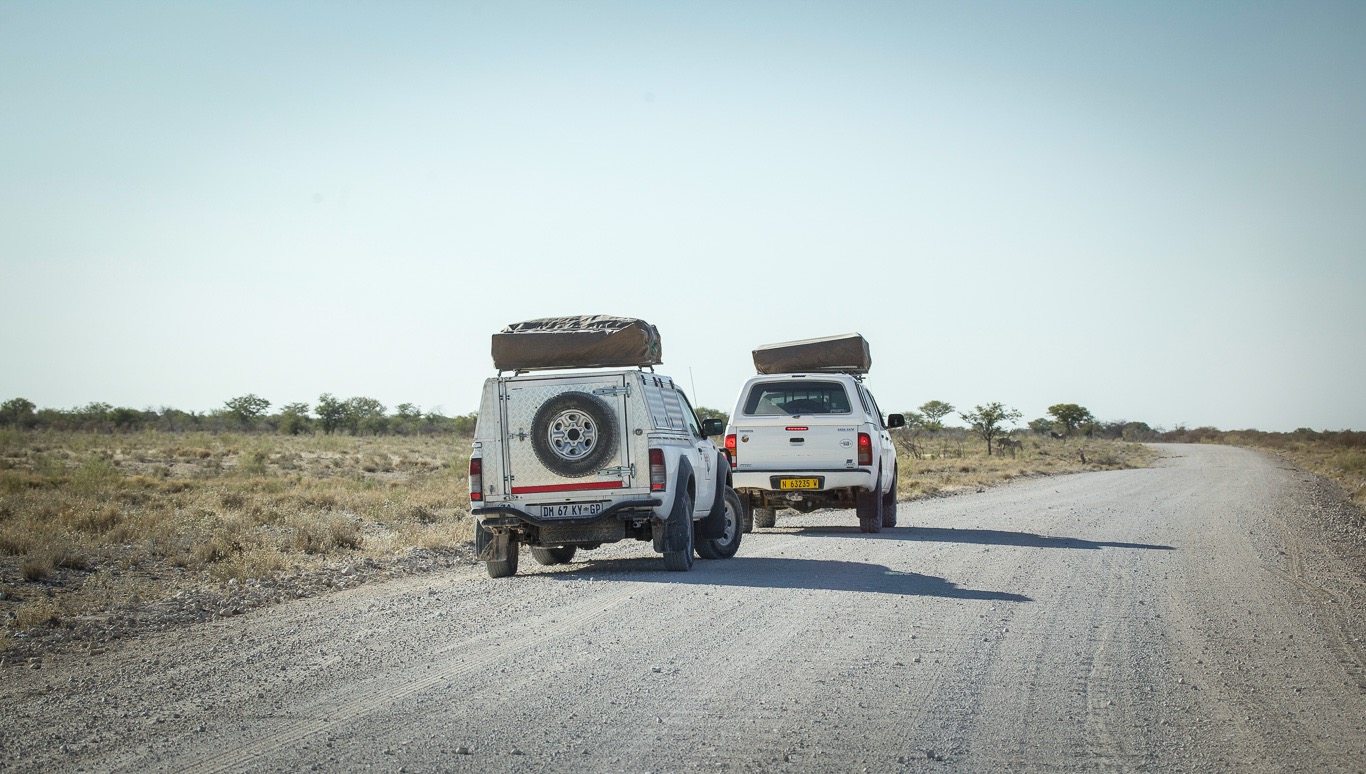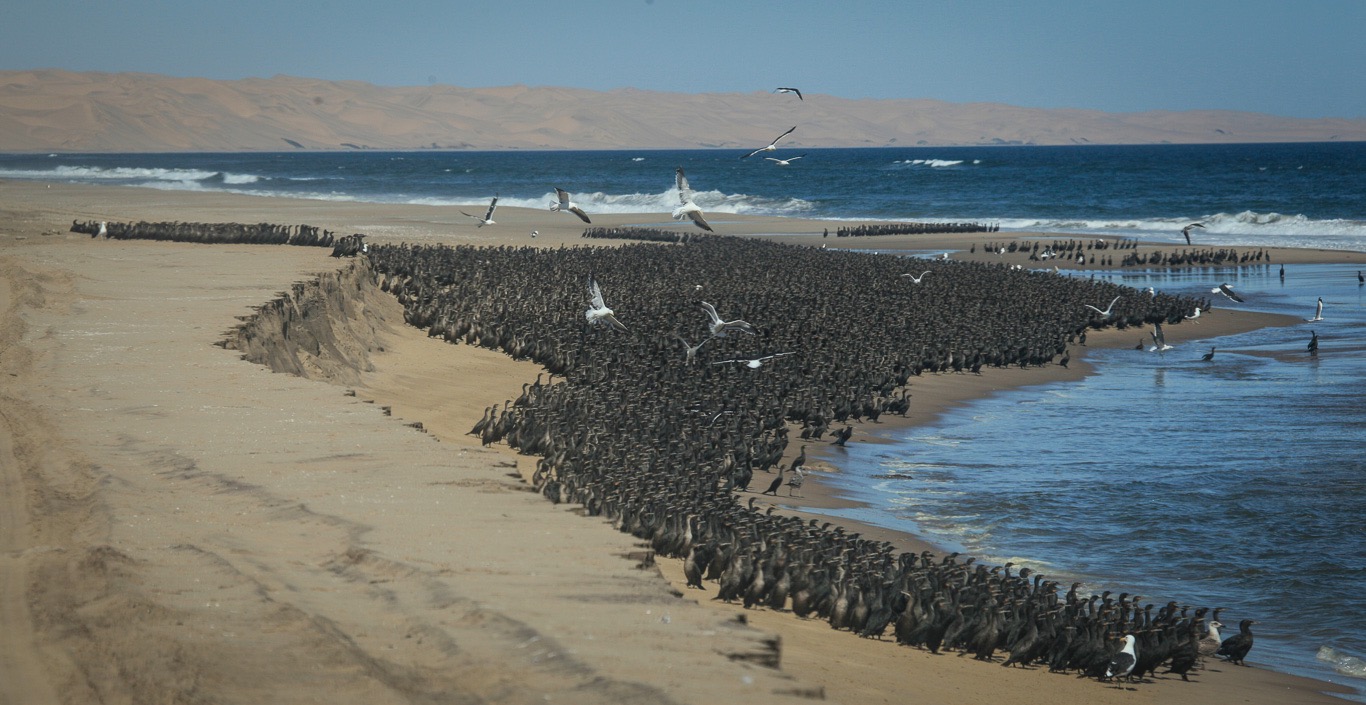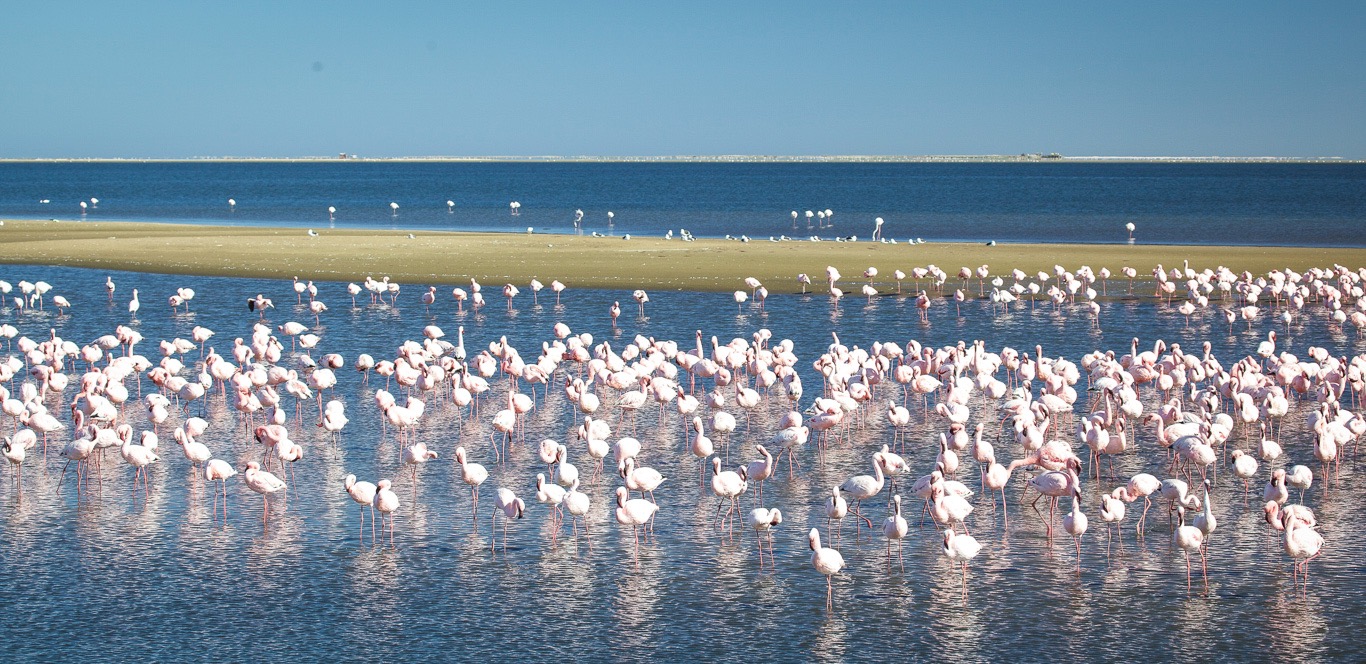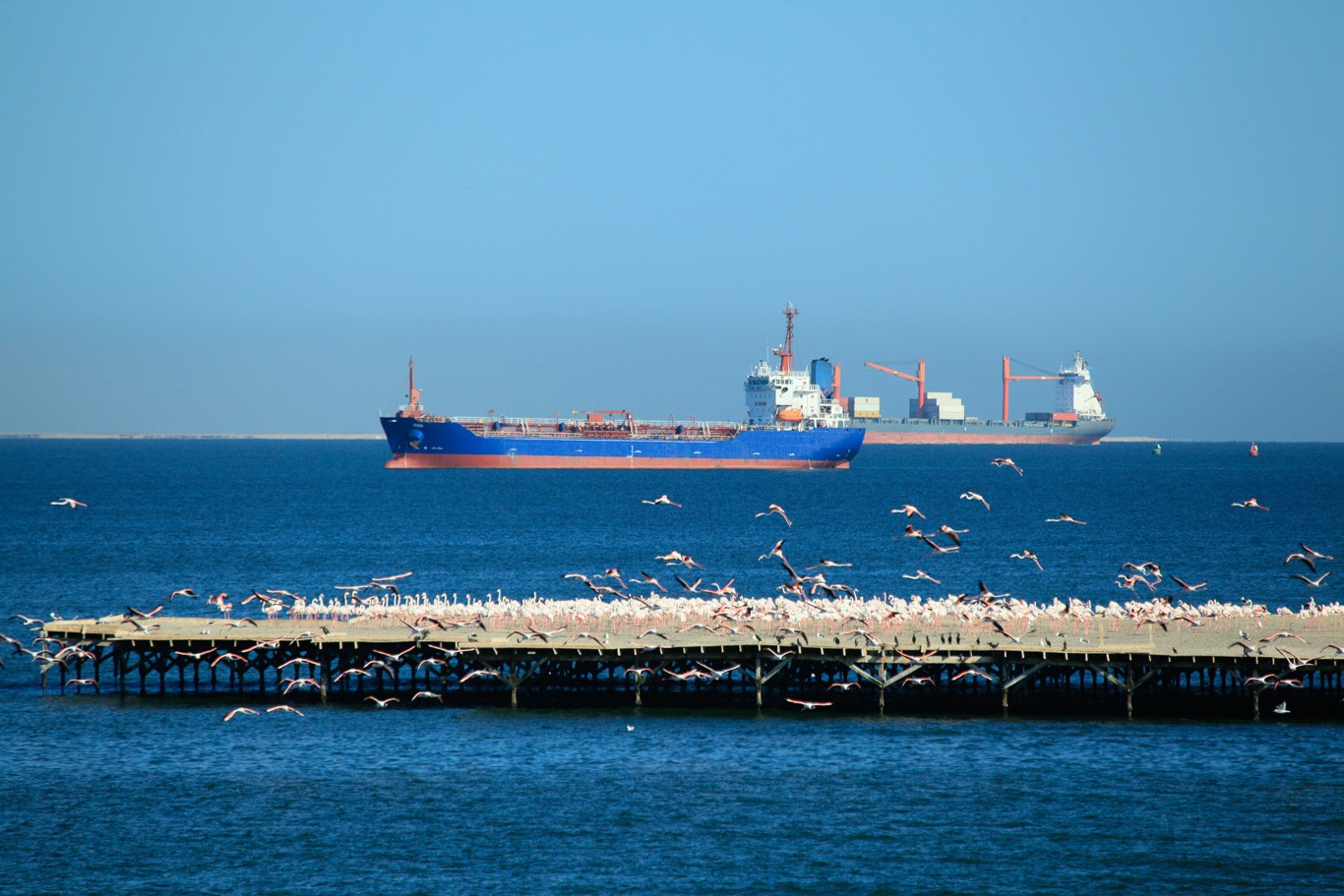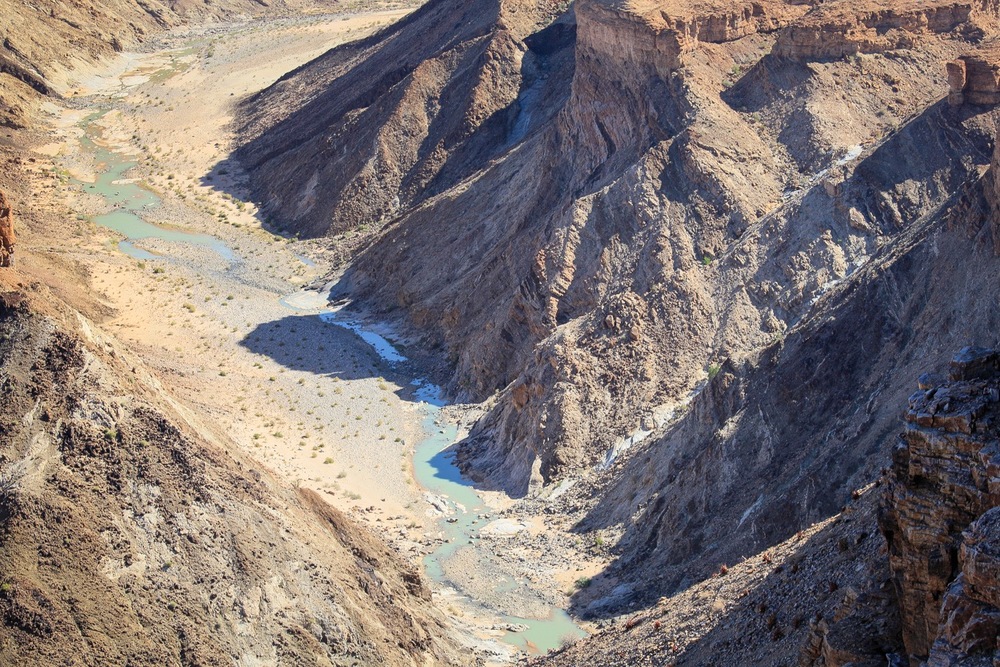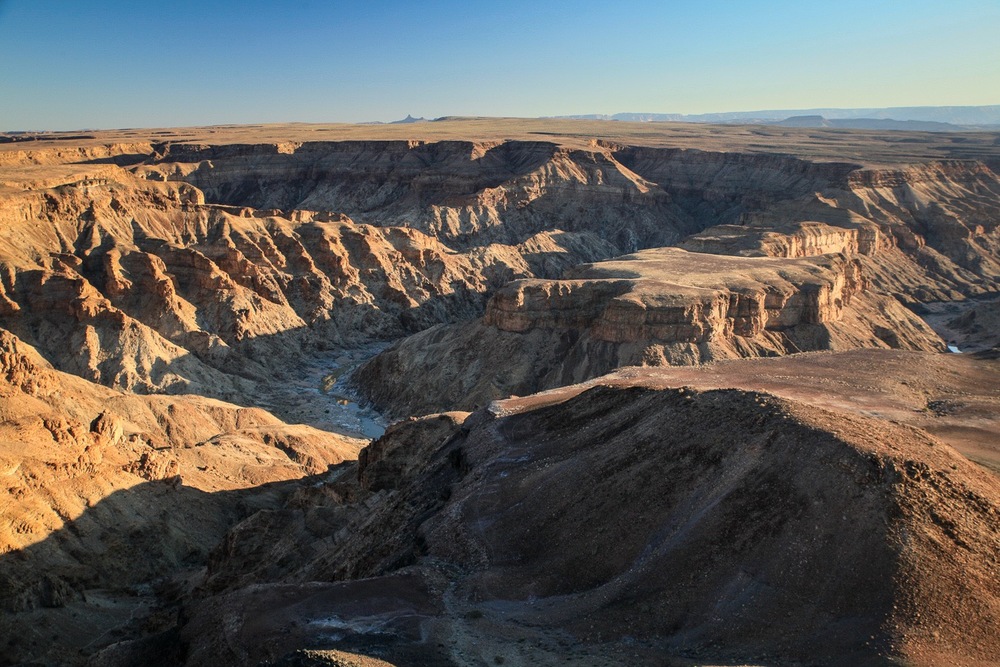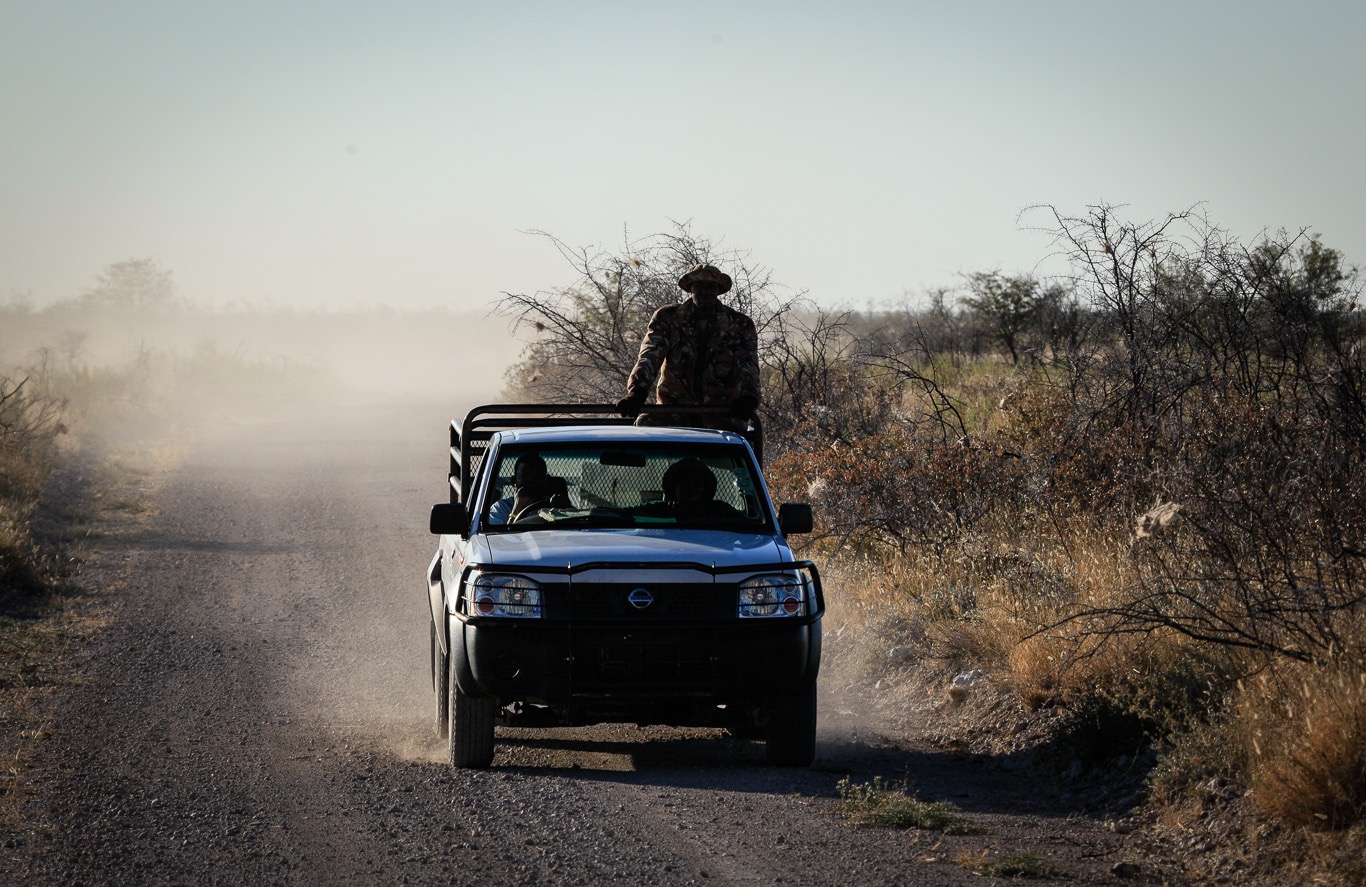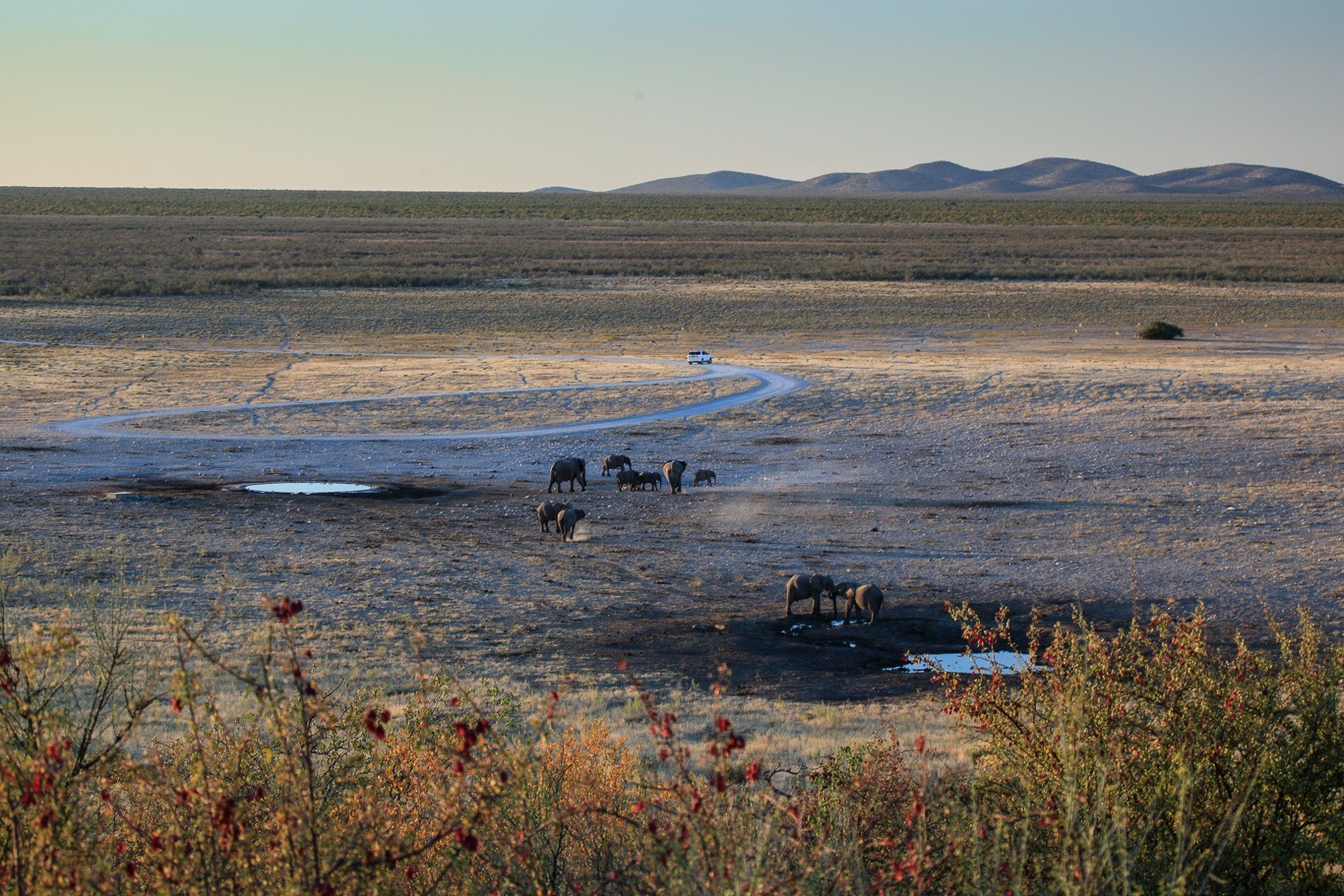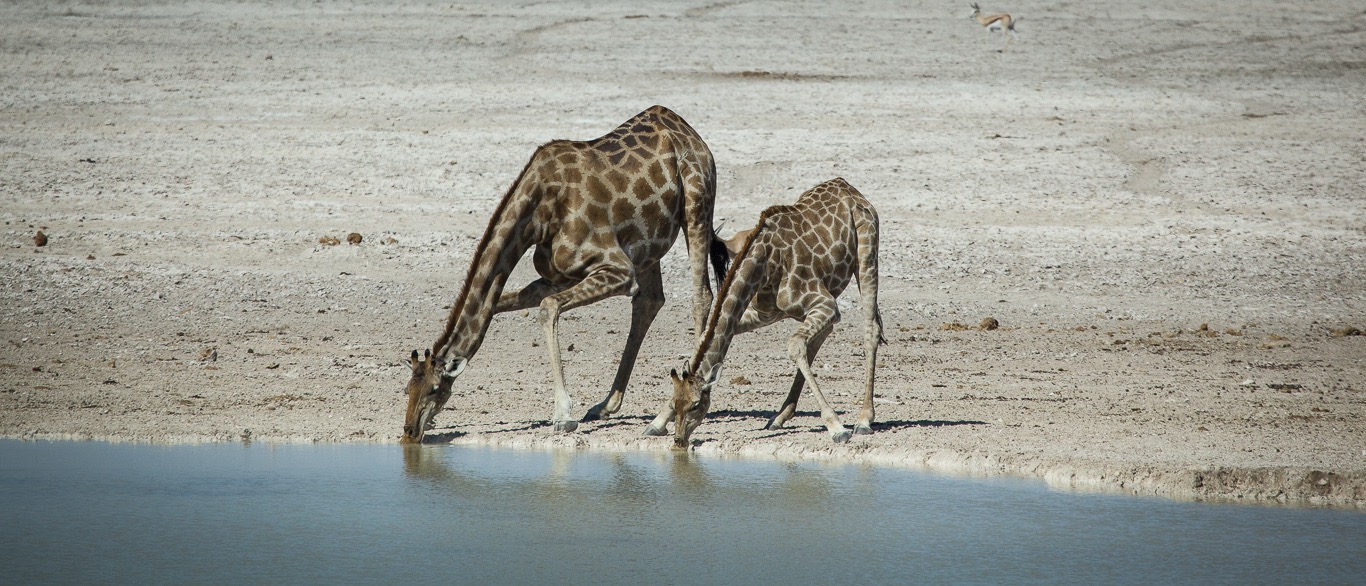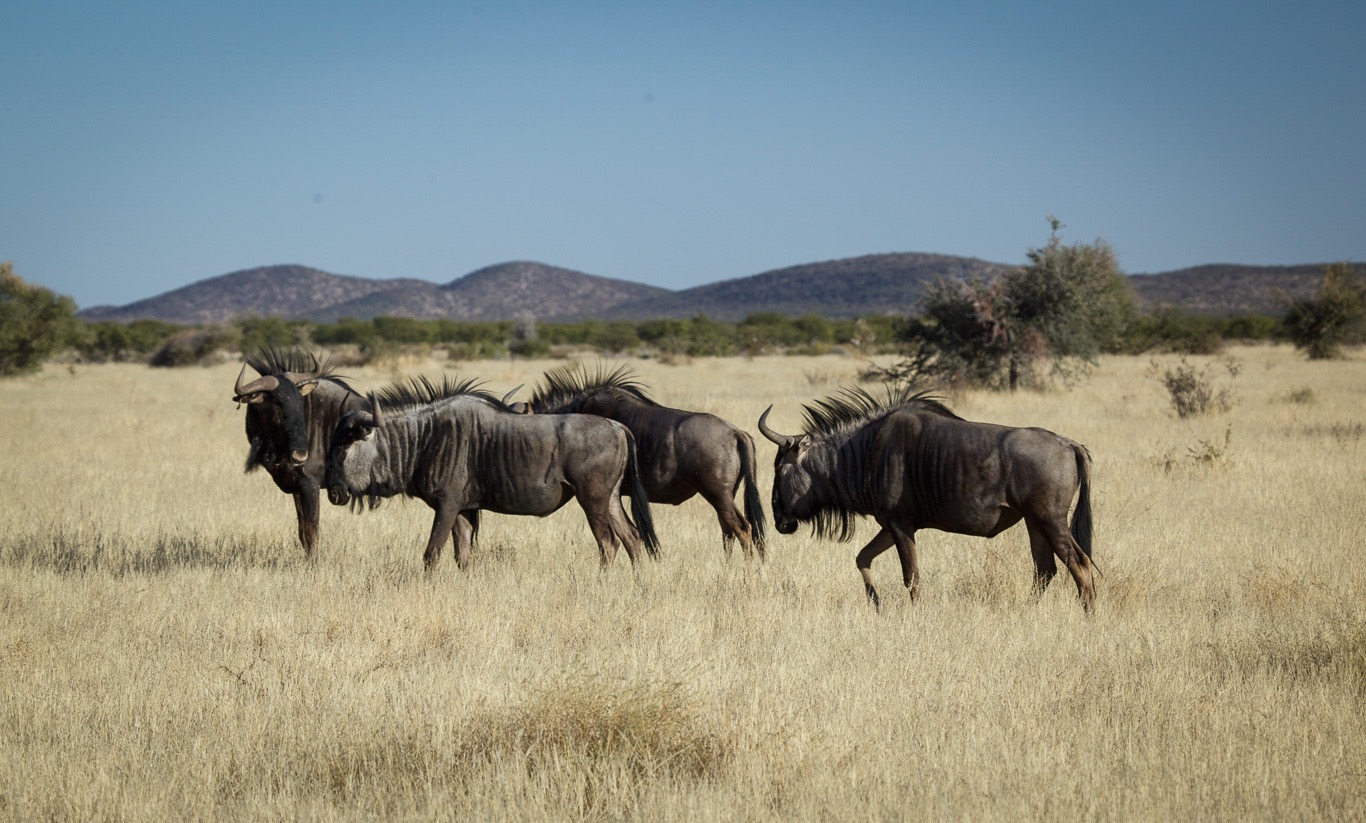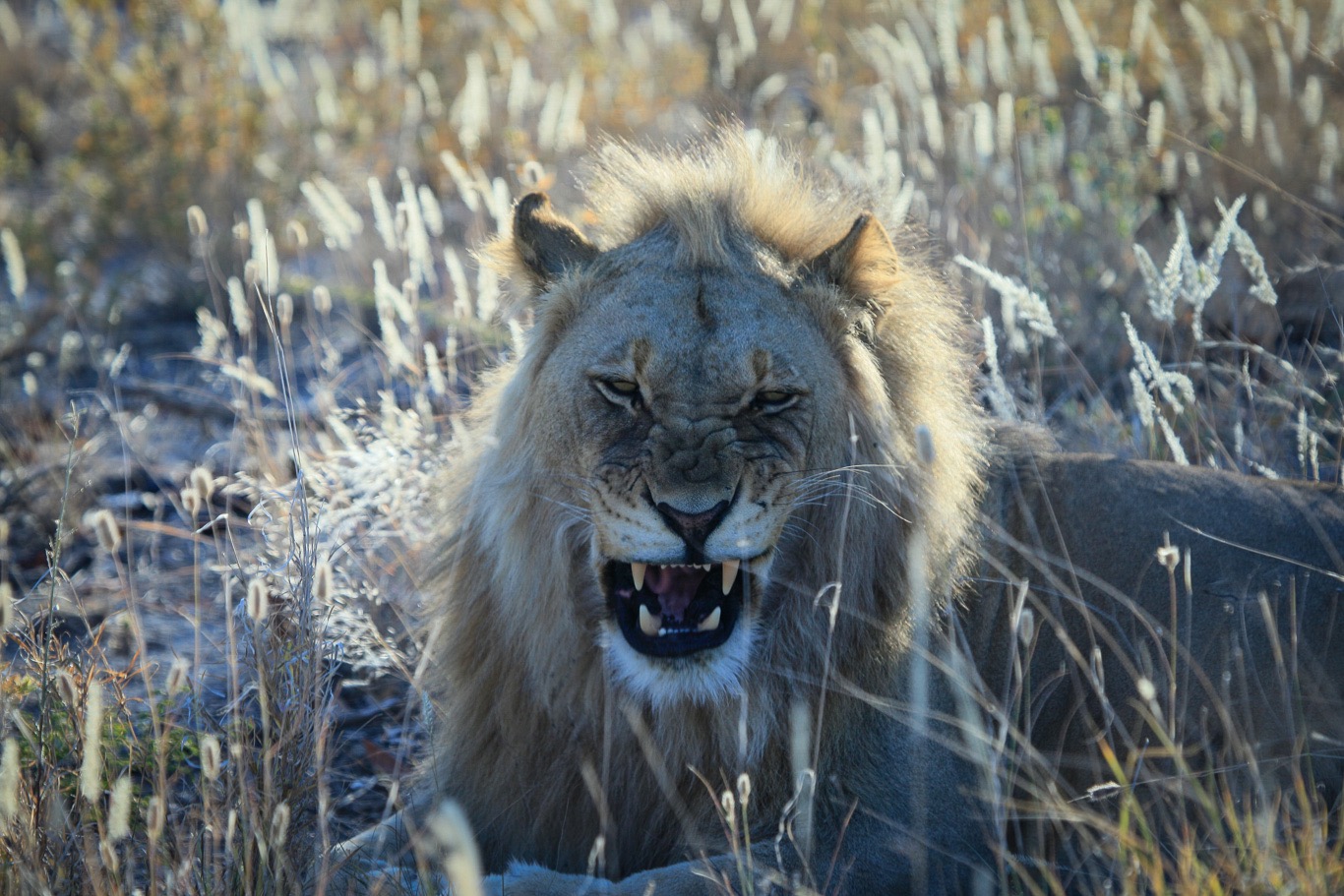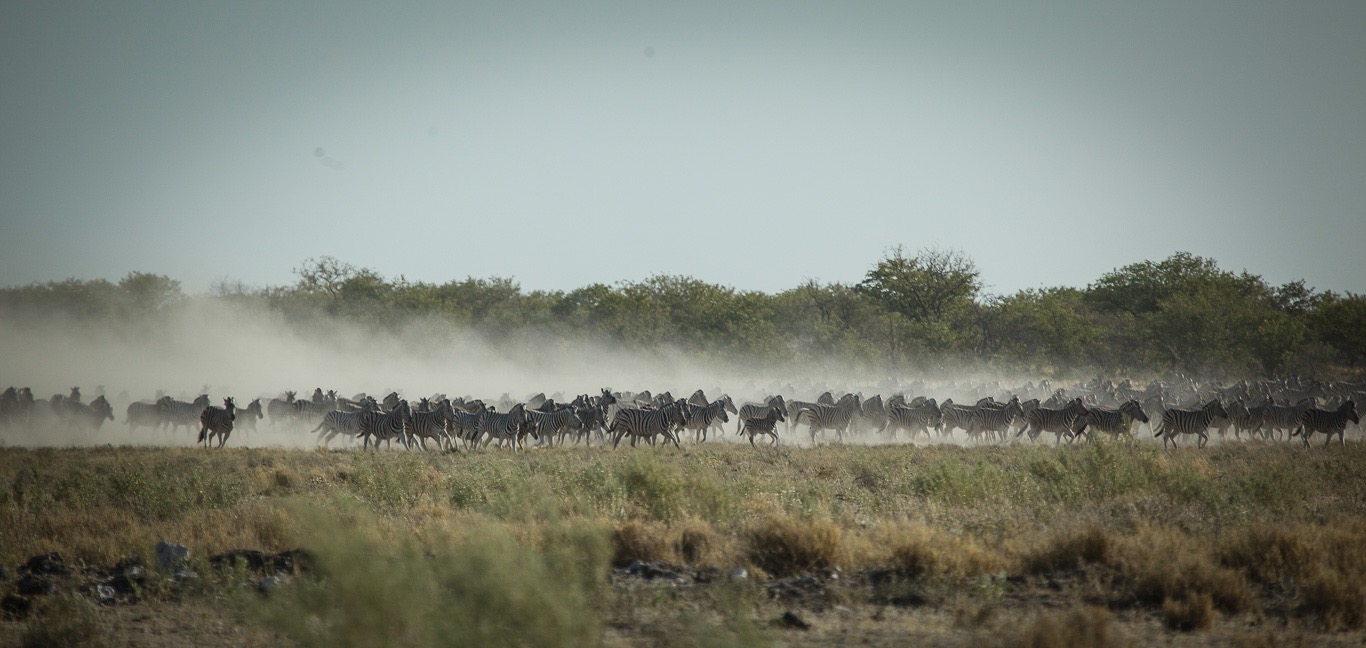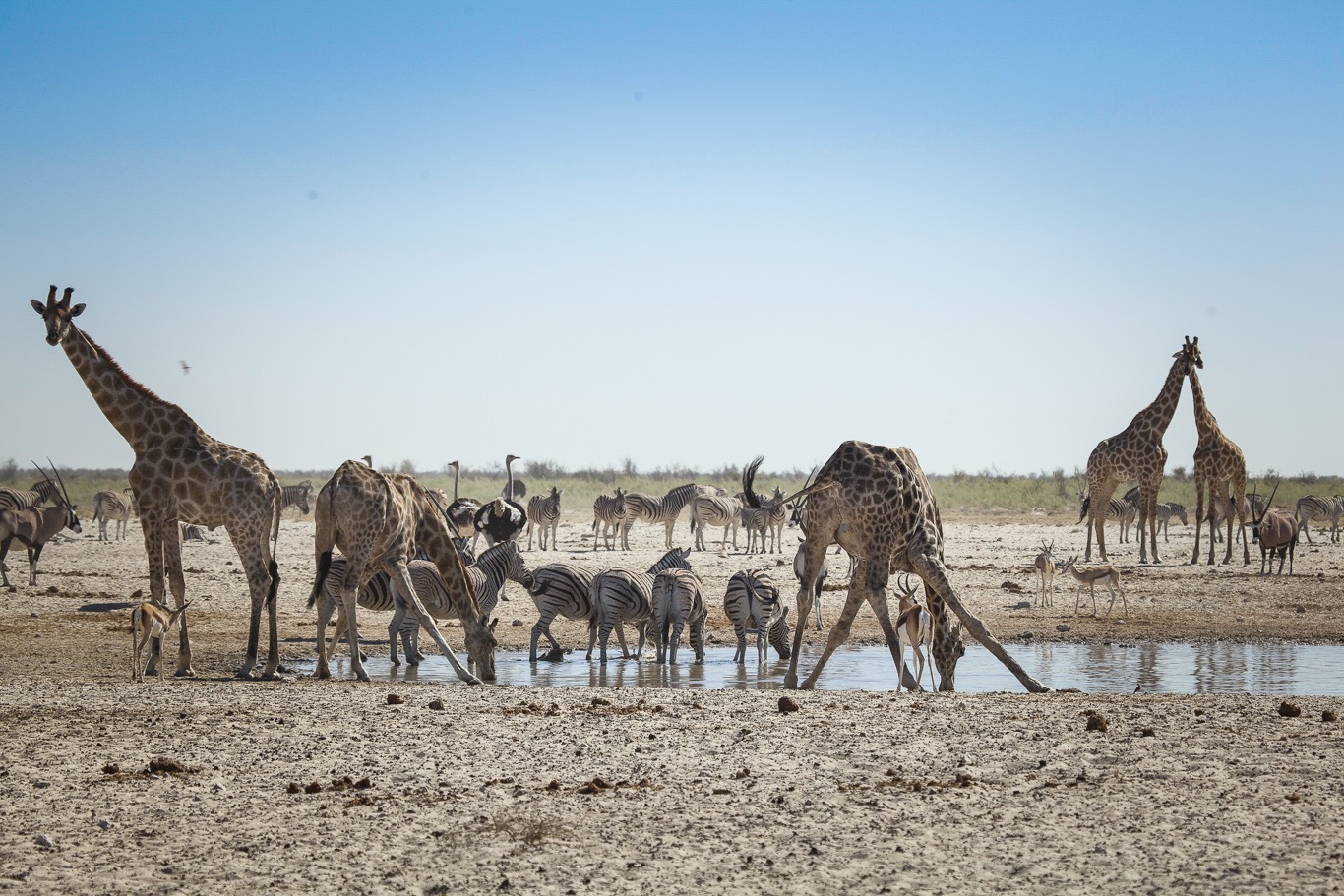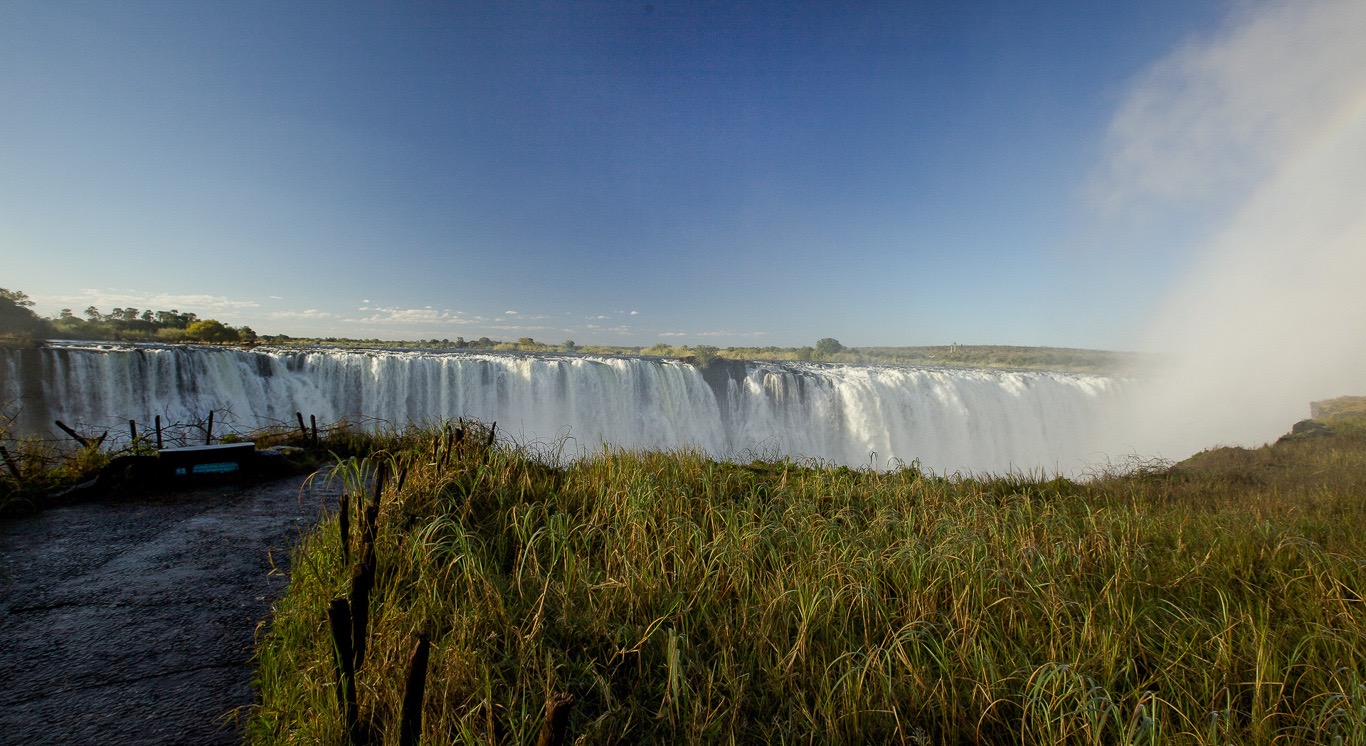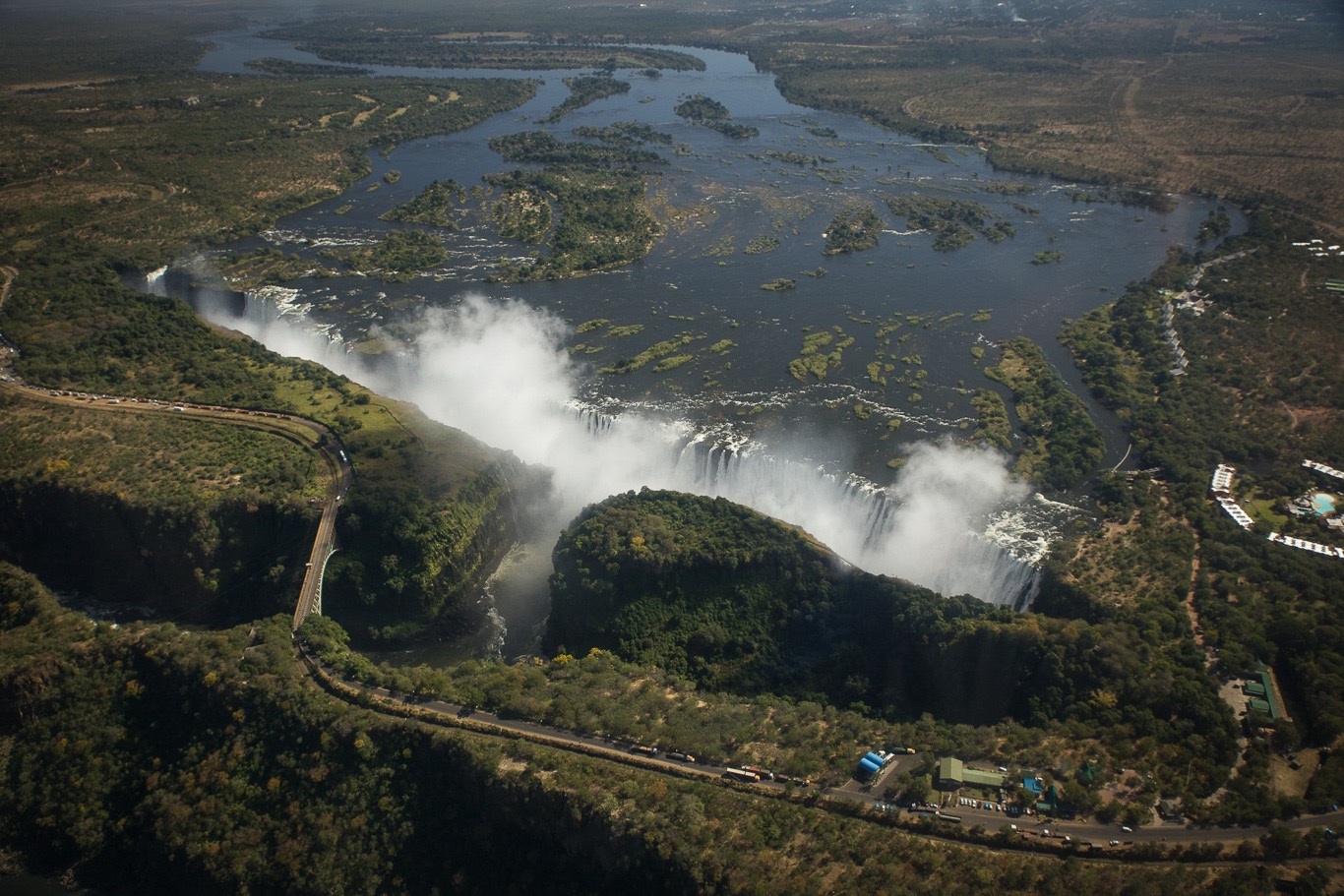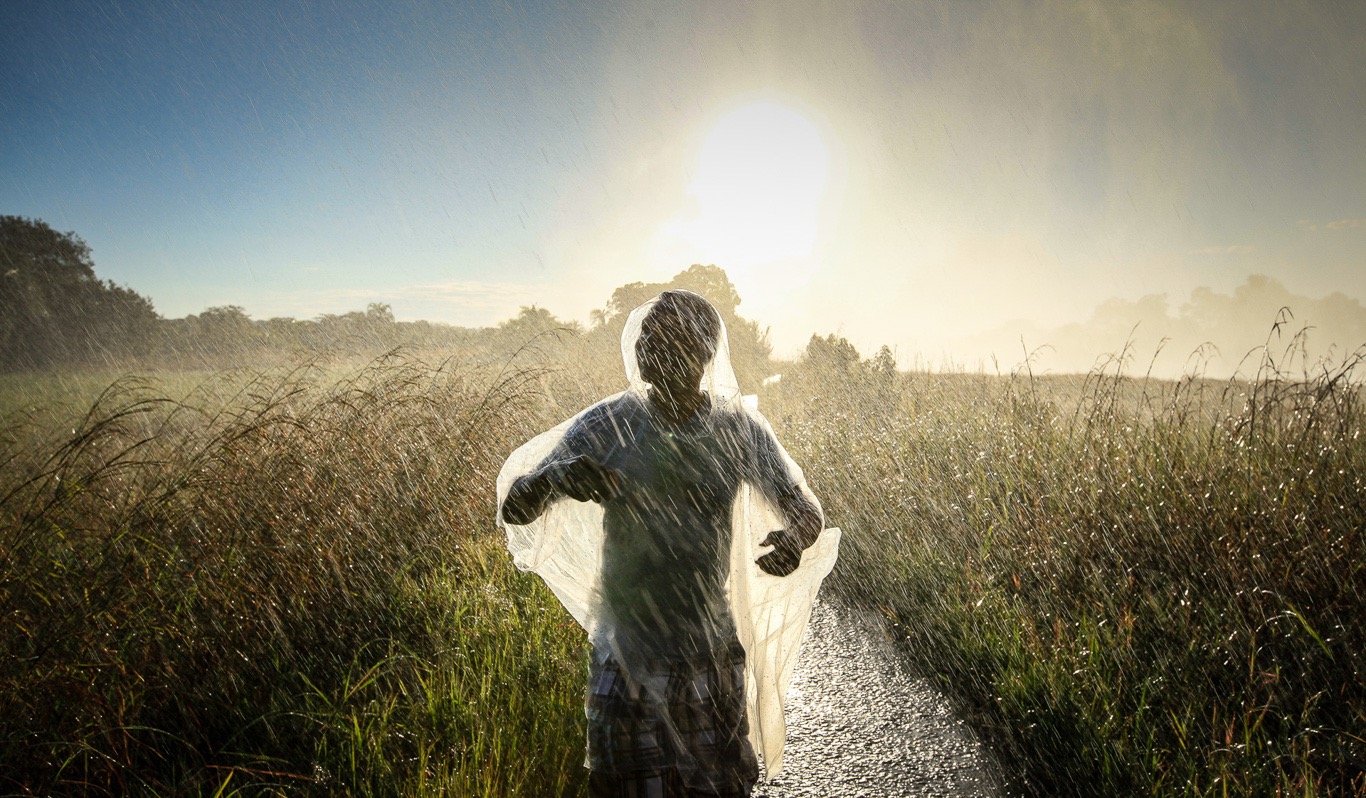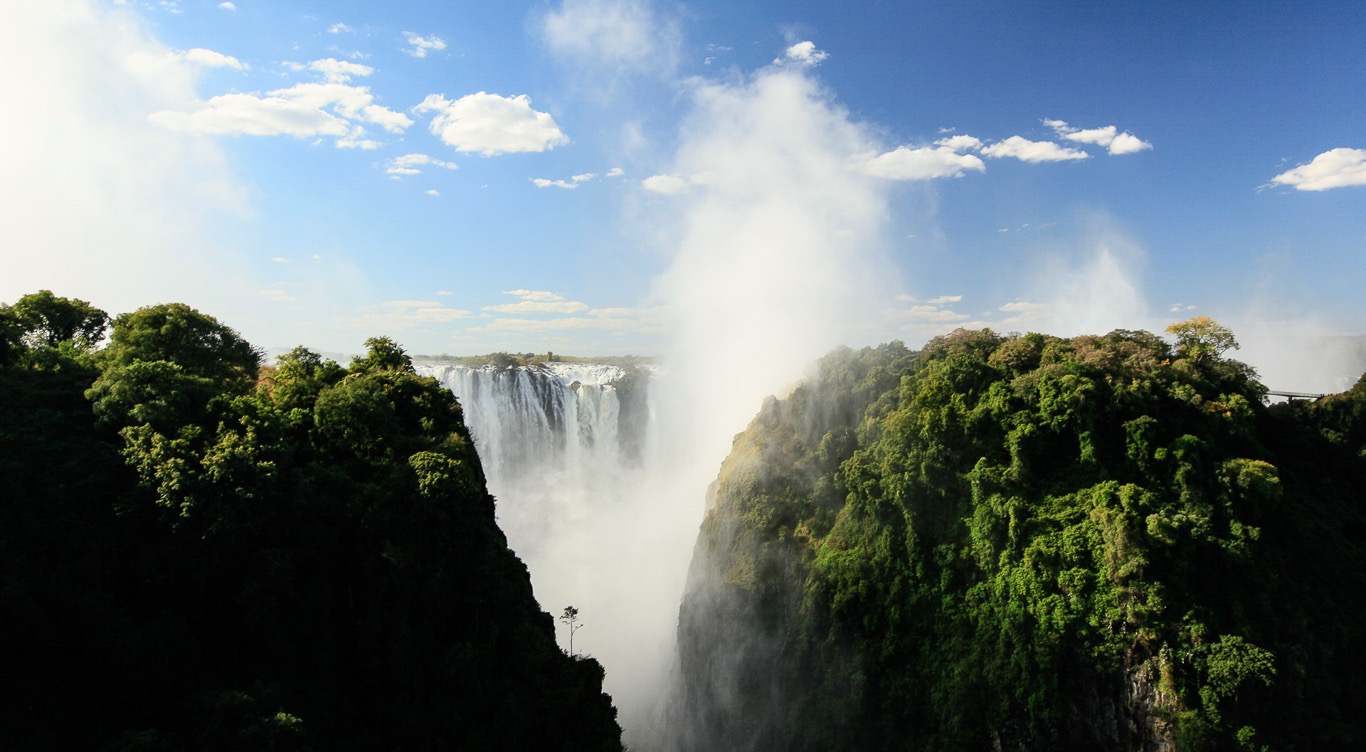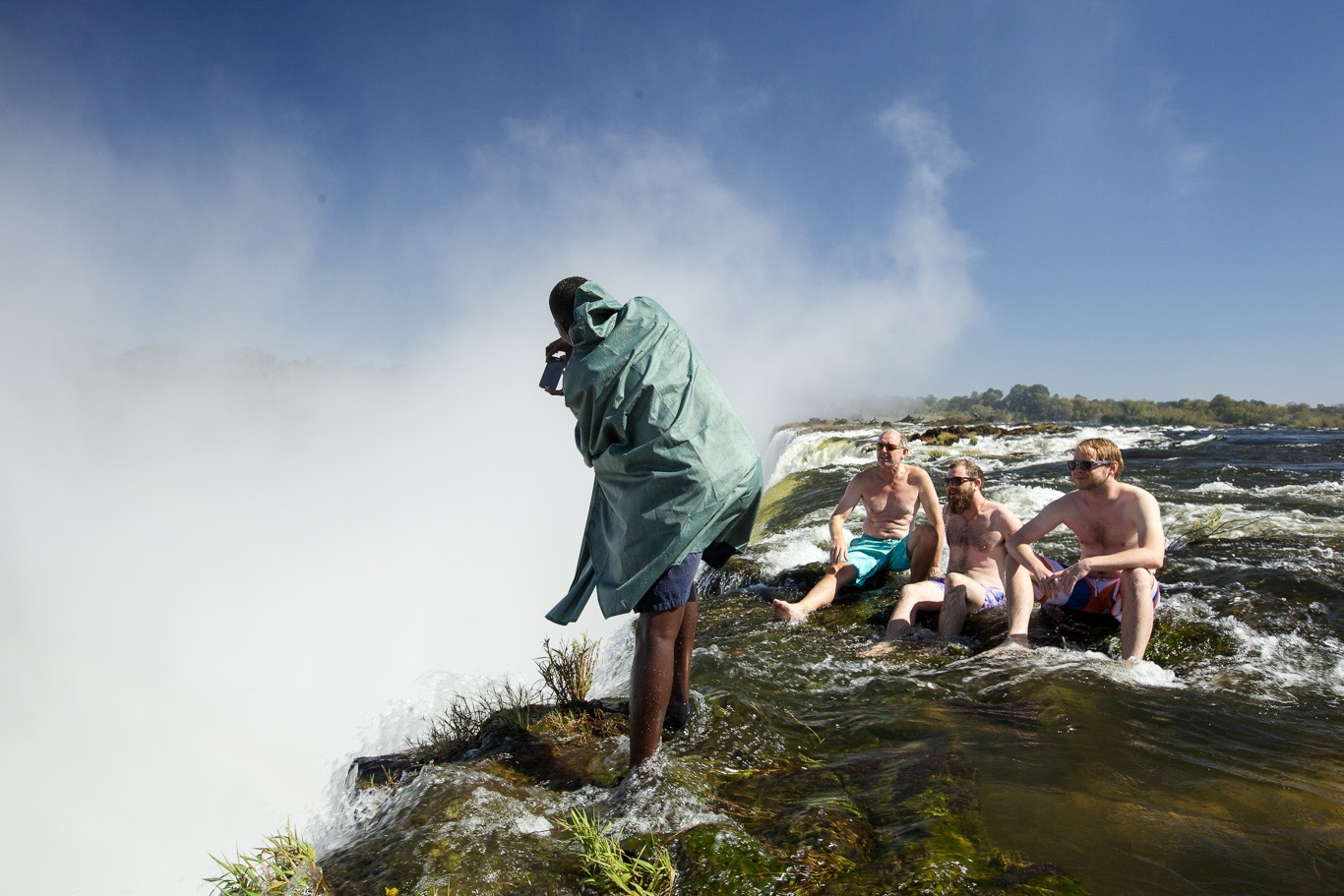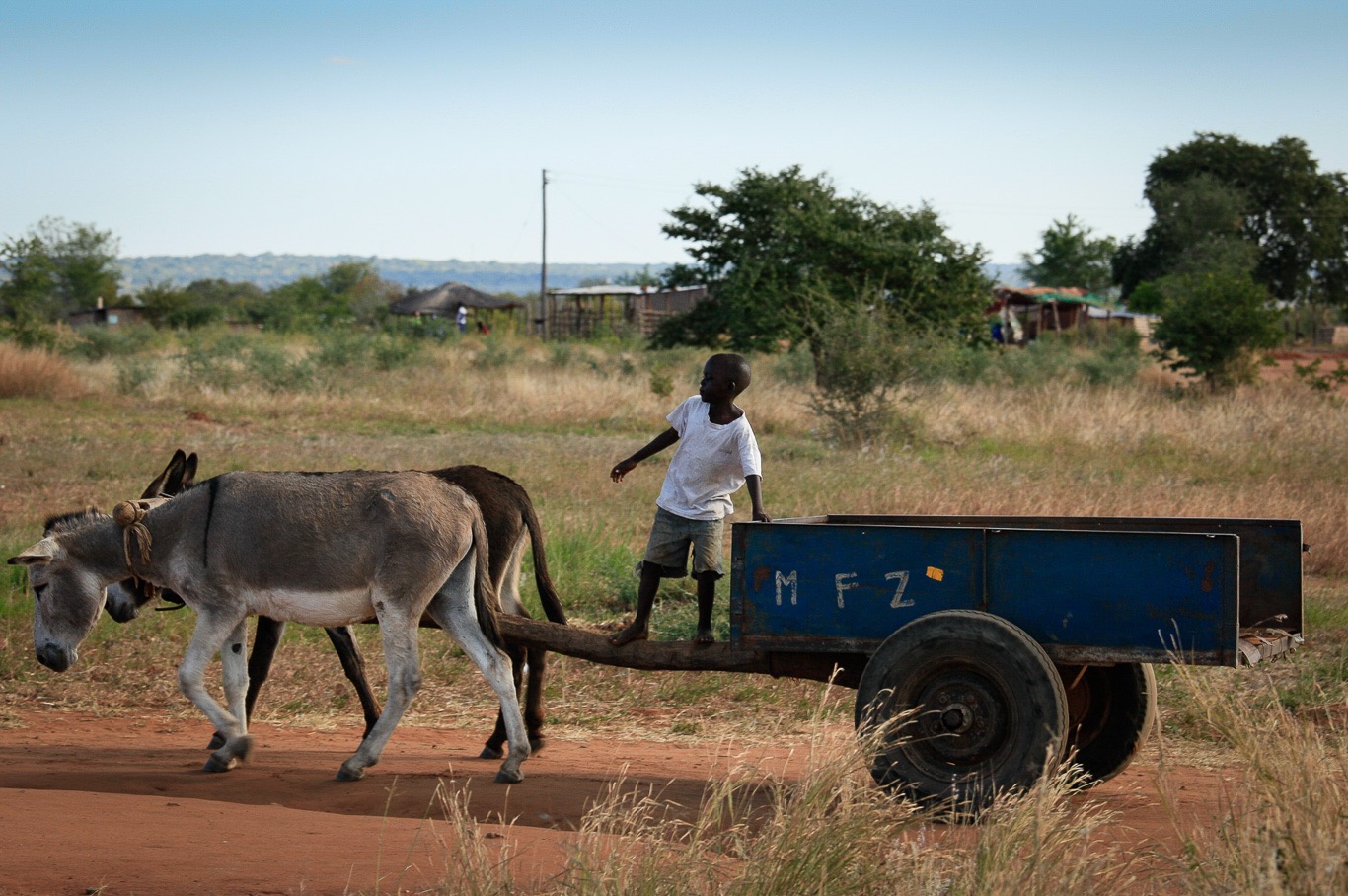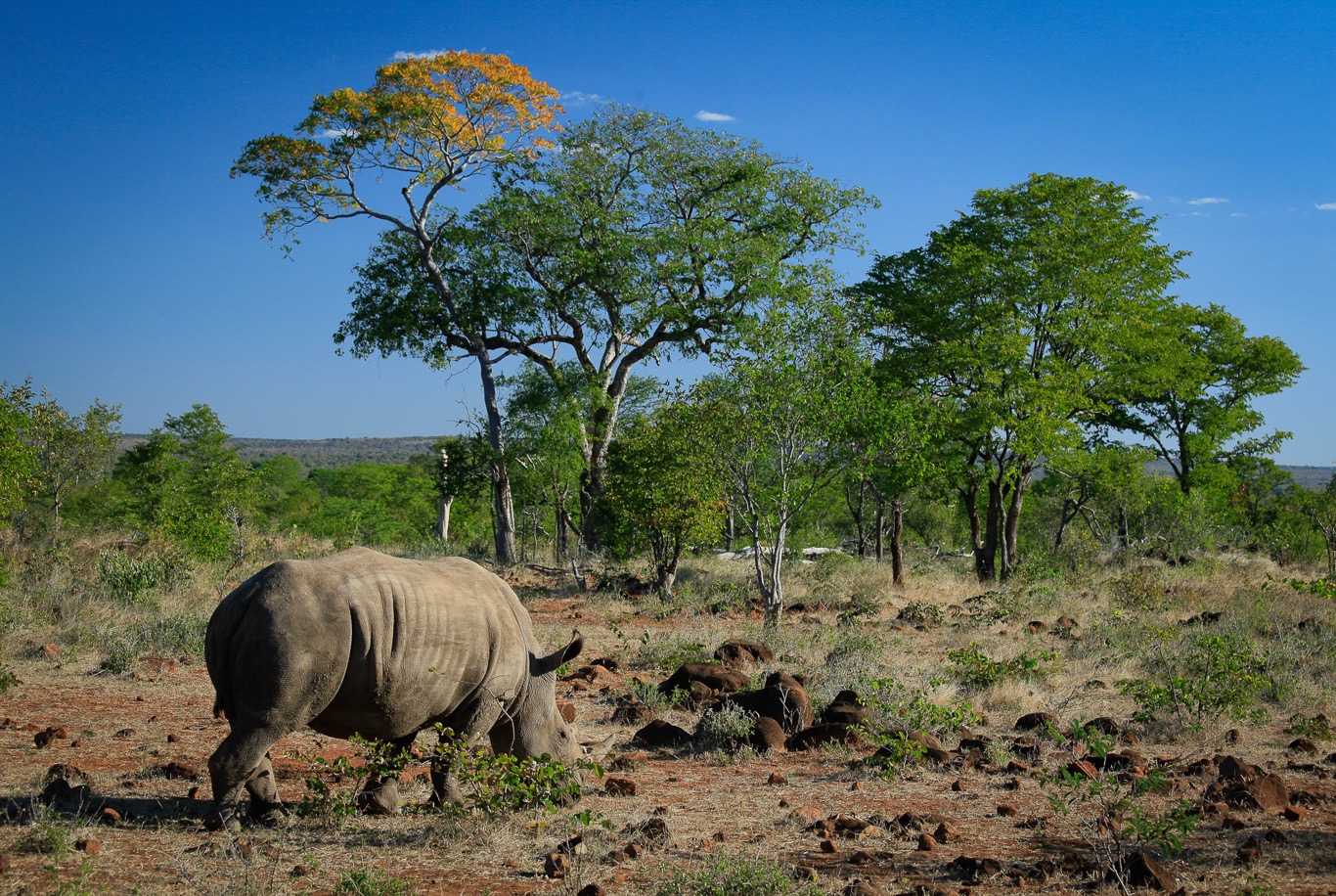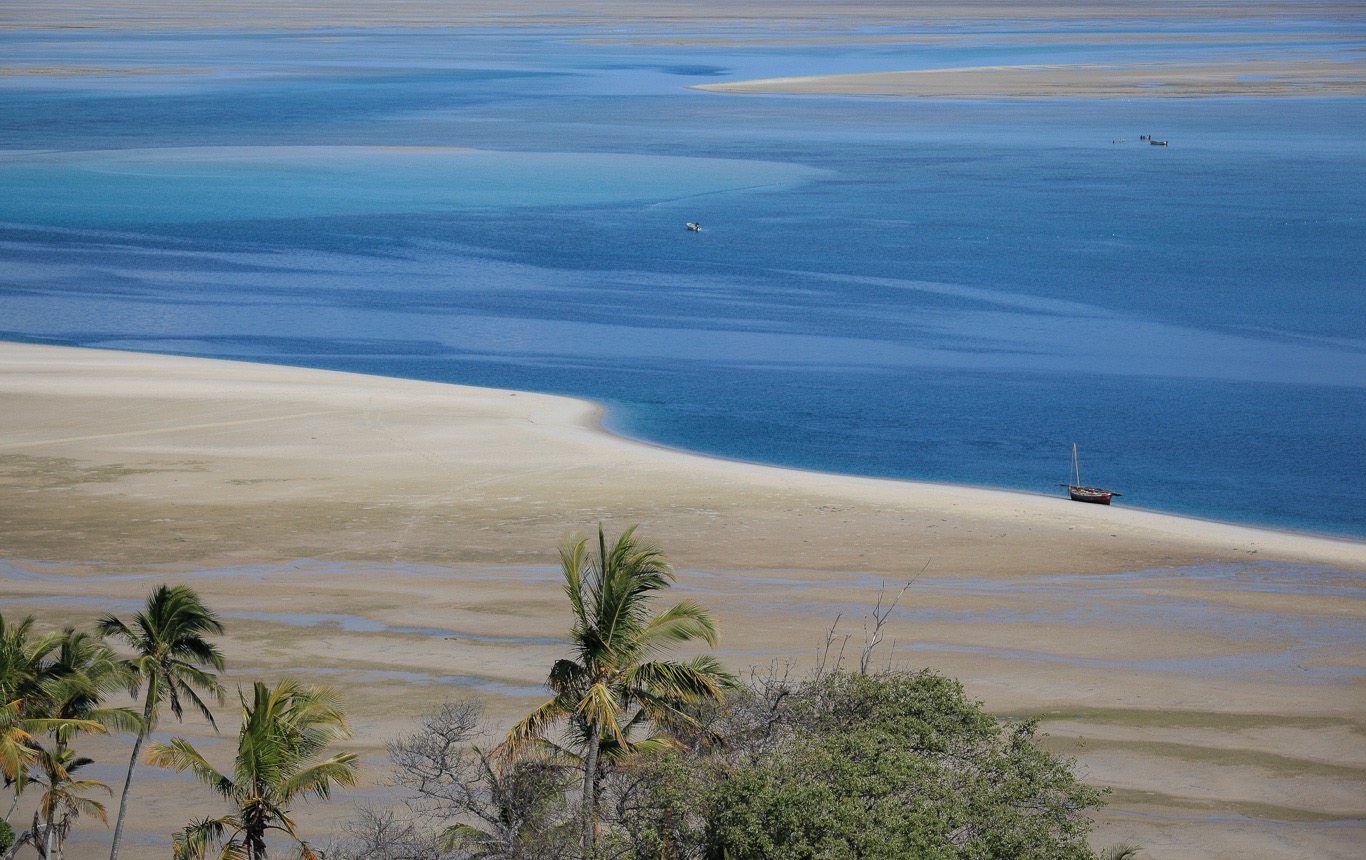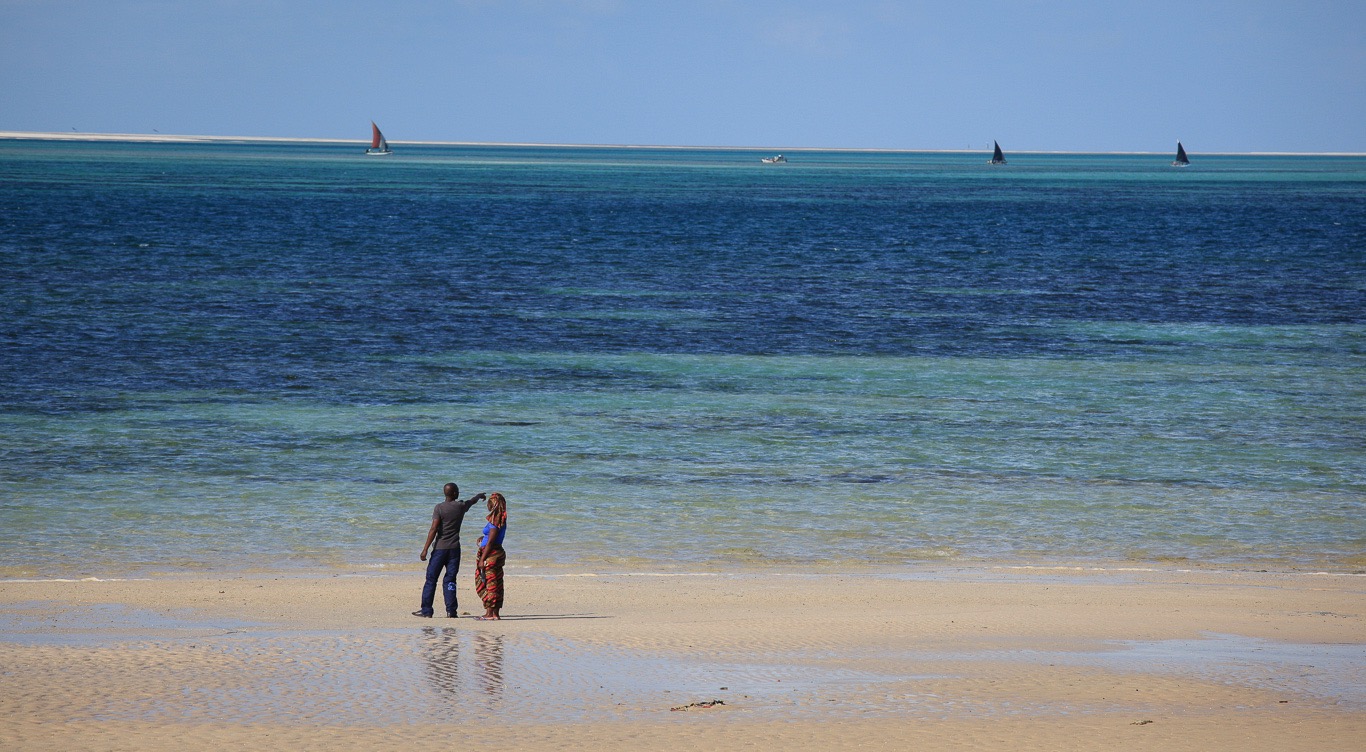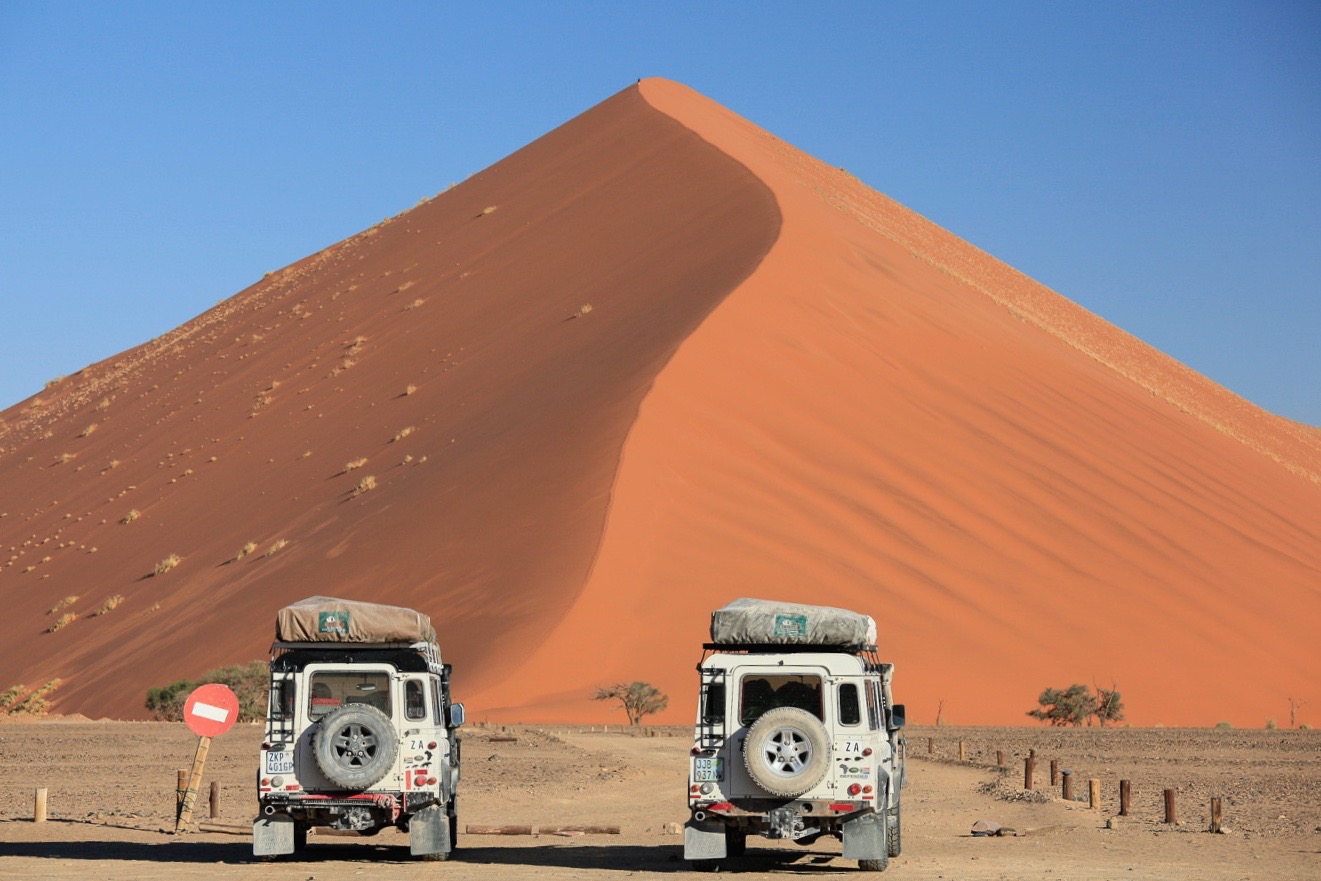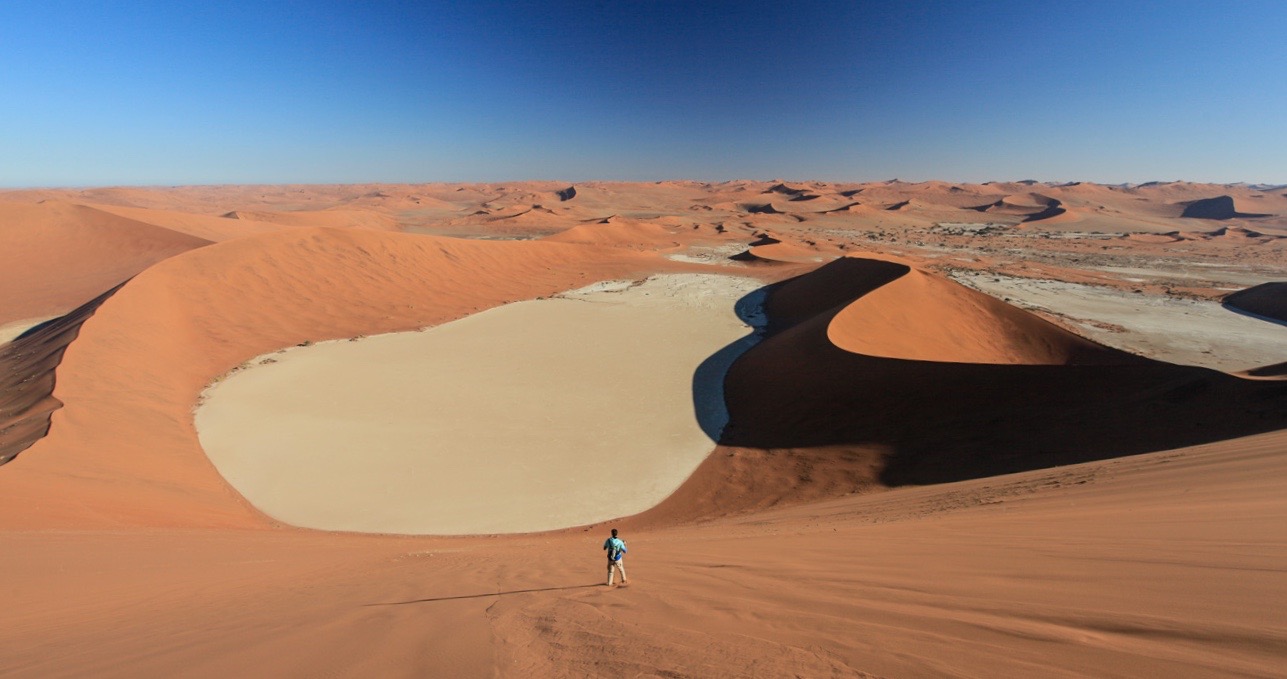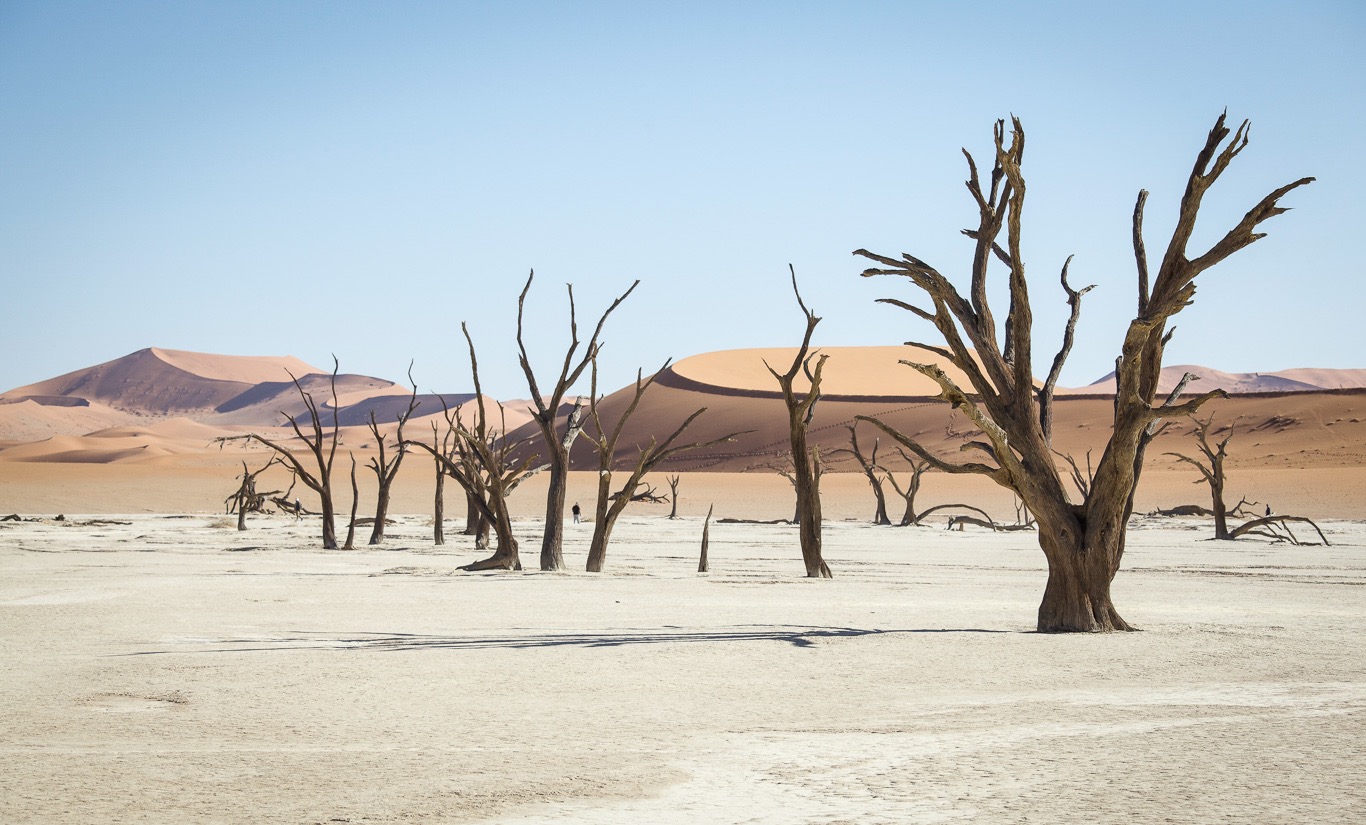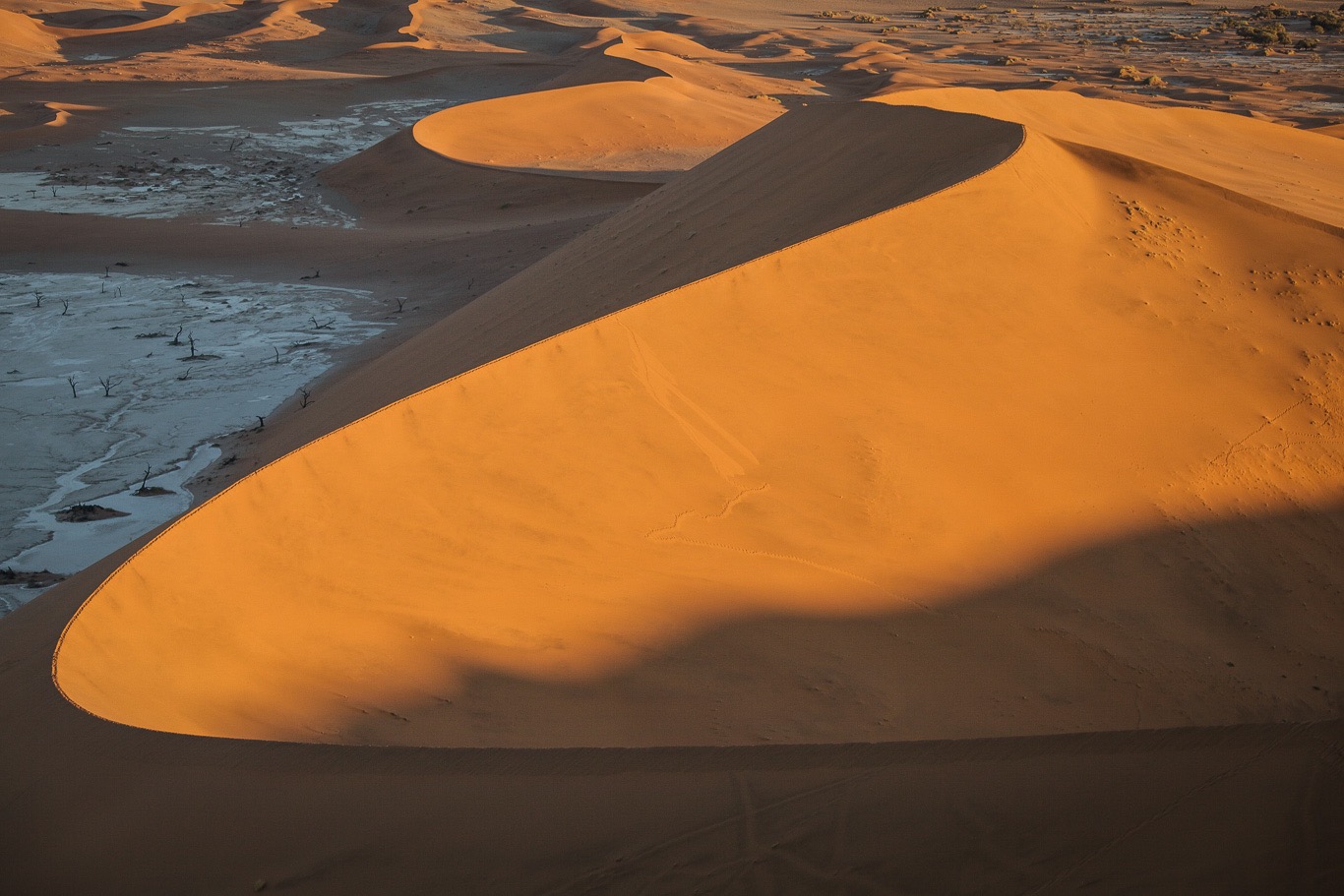Introduce yourself!
I'm Mat and I live and work in the UK, though I am originally from Germany with both German and Nigerian roots. My big passion is travel photography, which has led me to some of the most scenic places in the world. I love the outdoors and I like to combine my travels with any kinds of physical activities.
How does photography influence the way you travel and see the world around you?
My passion for photography has taught me to live more for the moment. Some of which I have been able to capture with my camera but many, which I have learned to just appreciate instead. The camera is a fantastic tool to extend your visualization, as it captures even those moments our eyes can’t see or our minds won’t process in short periods of time. I have been asked whether travelling with such a big camera is a burden and might take away the experience. On the contrary, travel photography is all about discovery and persistence and it has taken me to amazing places where I wouldn’t have gone to otherwise. I consider timing one of the most important aspects in planning a successful trip. The right season and perfect weather conditions are essential for taking great pictures.
What sparked your interest to travel throughout Africa? Which countries did you visit? How did you plan for it?
No other continent is equally blessed with natural wonders and cultural diversity than the African Motherland. One of my favorite photography books, ‘Colors of the World’, has a series of stunning images that inspired me to plan a trip through Southern Africa. I decided to travel from the west coast in Namibia to the east coast in Mozambique, with a stopover at Zambia’s Victoria Falls. I always try to tell a story of the places that I visit through my pictures. Therefore it is important to me to understand the main characteristics of a country in advance. I then try to identify the best ways of exploring it by drafting an itinerary. In my experience a fair amount of preparation helps you to get to the right places at first and allows you to be flexible once you are on-site.
Did you have any expectations or preconceived notions about the countries/cultures you would be exposed to?
Namibia has been one of my favorite go-to places for several years because of its photogenic sand and rock formations. Therefore my expectations were set pretty high right from the beginning. Discovering the countless national parks by car and climbing the dunes of Sandwich Harbor and Sossusvlei by foot was much greater than I could have ever imagined though. Prior to my trip to Victoria Falls, I was a bit concerned that the region might have partially lost its authenticity to mass tourism, as it is one of the go to places in Southern Africa. However, I really appreciated the warm and friendly Zambian culture that made this trip so special in the end. While there are plenty of water sports activities and Safaris to join, I highly recommend visiting some of the villages around Livingstone to learn more about life in Zambia.
How did this trip differ from your past trips? What surprised you most about your experience?
It was my first time going on a Safari at all. Even though I wouldn’t have considered myself a big fan of animals before, I absolutely enjoyed the experience. Discovering wild animals in their natural environment is just very different from anything you would experience in Europe. It was fun to explore the Etosha National Park in Namibia with our own car and being able to escape the masses around the Anderson gate and Okaukuejo camp. Going on a walking safari with a ranger in Zambia was exciting as we were following animal tracks through the woods and tried to sneaked up to the animals as close as possible to get some good shots.
Most people tend to generalize Africa as one big “country”, forgetting it is in fact a large continent with diverse and differing cultures, landscapes, and languages. What would you say were the biggest similarities and differences you experienced in each nation? What would you say differentiated each country/region you explored from each other?
With 54 countries, Africa is geographically very fragmented. Many of the borders origin from colonization and may have been drawn without ethnic, linguistic or religious consideration. A good example is the Caprivi Strip in Namibia, implemented by the Germans in the 19th century as a supply route. Along the border of South Africa and Mozambique you will also find the Tsonga people living on both sides of the border. In most countries you will therefore find a variety of tribes united under the roof of one nation. Not surprisingly, most countries have several official languages and make Africans naturally multilingual. Zambia for example, with roughly the size of Texas, has ca. 70 different tribes and about 10 majors languages. In Namibia and Zambia you will mostly get by with English, if you don’t speak any of the local African languages. To my ears, the Namibian accent sounds quite similar to South Africa and to my amusement I even met a few (black) people who spoke English with a German accent. J In Mozambique it is a bit trickier as only 50% of the people speak Portuguese and even less speak English.
All the countries I visited have a certain history with South Africa. Above all Namibia, which has been mandated by South Africa until the mid 90s. The remains of Namibia’s imposed apartheid system are still visible in the townships surrounding the major cities. Zambia on the other hand, once part of the British Empire together with South Africa, established the idea of African Socialism, which today is still present in the people’s living philosophy of ‘humanism’.
Travel has a tendency to look very glamorous, though that is not always the case. What types of challenges did you have during your travels and how did you overcome them?
The pictures and videos we generally share with friends and family rarely reflect the full experience. Travel styles can vary much from person to person and in Africa you will find anyone from 5-star traveler to backpacker. In my view, stepping out of your comfort zone is necessary to really touch ground in a foreign country. Being open to a different culture and adjusting your lifestyle accordingly will make your experience much more rewarding. Challenges of all kinds naturally occur and they are an essential part of traveling.
Did you have any favorite/unfavorable culinary experiences?
I generally enjoyed the food throughout Africa. As meat lover however, I particularly enjoyed the variety of game that was available in the restaurants and campsite of Namibia. From Ostrich to Oryx, Kudu, Springbok and Zebra, I worked myself through the menu (with the exception of crocodile J). My favorite meat was Ostrich filet - very lean and extremely tasty.
What is your favorite/funniest memory from your trip? Is there a particular travel moment you would relive given the opportunity?
We didn’t know that we could only see the famous sunset and sunrise at Sossusvlei in Namibia by staying overnight in the only camp inside the national park. Thankfully it was low season and we were able to change our accommodation last minute. It was my birthday when we drove out to the dunes in the early morning and it turned into an unforgettable experience. It took us about 90 minutes to climb the 1,200 feet dune ‘big daddy’ from where we enjoyed the breathtaking views over Sossusvlei in absolute solitude for more than 1 hour before the first tourists arrived.
Speaking of favorite experiences, what would you say was your:
Favorite city and/or country to explore: Namibia, maybe the most beautiful country I ever visited.
Favorite locals to interact with: Zambians, very warm and friendly people.
Favorite island and/or beach: Bazaruto island (Mozambique), amazing sand dunes, has a spectacular 2 mile reef on its south end - one of the top places to visit in Mozambique.
Favorite (or most unique) accommodation: Dolomite camp in Etosha (Namibia), a beautiful campsite on top of a hill, overlooking a vast area of the national park (be careful though: the lack of fences around the camp sometimes attracts wild animals at night).
Favorite (or most unique) form of transportation: Off-road driving through the sand with our 4x4 in Namibia was definitely a fun experience. I have been warned that driving too slowly or using the breaks my make the car sink in, so I put foot whenever possible.
What are three things you now know about the regions you visited that you didn’t know before your trip?
Zambian humanism: A living philosophy that provides a moral basis for all human activity in Zambia (also reflected on its national flag). It evolved during the independence movement of Zambia in the 60s and stands for values like dignity, equal opportunities, loyalty and patriotism.
The beauty of Mozambique: It reminds me of the Philippines with its beautiful coastline, shallow and clear water and the thousands of small islands. Mozambique’s tourism industry is still in early stages but it is growing rapidly – so hurry up.
Namibia’s dedication to protect the environment: Namibia is the only country in the world that has included the protection of the environment in its constitution. In fact 14% of its landmass are national parks.
What advice and/or recommendations can you give to those interested in traveling a similar route?
Try to travel independently and hire a local guide where necessary. Definitely rent a car in Namibia, it is safe and the roads are in good condition. Don’t be afraid of travelling off the beaten path, it will make your trip much more interesting. That applies in particular to Zambia and Mozambique, where the ‘real’ Africa is outside the cities and fancy tourist amenities. Get in touch with locals. For many of them it’s the only opportunity to ever get in touch with foreigners, and they will be happy to share their stories with you if you show genuine interest.
What’s next for you? Do you have any final words of advice?
There is a lot more for me to discover in Africa. I would love to do an overland tour from Southern to Central Angola and discover Luanda’s amazing music scene. I am also keen to explore more of Africa’s east coast, from Madagascar, Northern Mozambique to Tanzania. Being able to travel is a big privilege and I am thankful for every opportunity I get to explore more of this amazing planet.
To see more of Mat's outstanding photography, be sure to visit his website at www.whereismat.com and follow him @Where_is_mat on Instagram
Images Courtesy of Mat Hauser
DID THIS STORY HELP YOU?
If you enjoyed this piece and would like more content like this, please consider a donation to Spirited Pursuit - we'd be so grateful!


